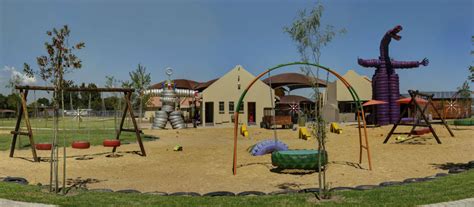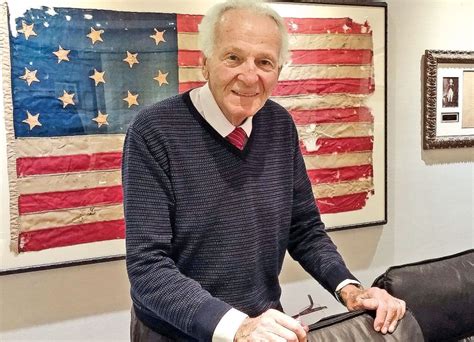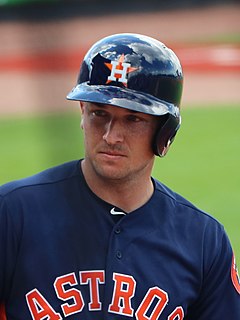A Quote by Gerald Fischbach
In fact, many children come to autism clinics early on with GI/bowel disturbances.
Related Quotes
I think one of the problems with the definition of autism is we keep expanding it. It started as "early infantile autism", and then it became "autism", and now it's "autism spectrum disorder". I'm not opposed to that from the standpoint of trying to broaden our vistas, and so forth. But from a research point of view, the term autism is lost in specificity.
I think that if I could do any sort of research of autism that I wanted to do, at this point I would take a sample of classic, early infantile autism persons and compare them with what I call "classic late onset autism", individuals. I think we will find that the cause of those youngsters with autism who have autism from birth is probably different than those who have late onset autism.
Eun Gi has come back. The Eun Gi I am seeing now is not the Eun Gi I knew before. What is it that she remembers? And what is it that she forgot? What is it that she let go? And what is it that she's looking for? Even though Eun Gi has come back, I am still waiting for that kid. I won't get exhausted, won't get anxious, and won't get... impatient.
The main problem, certainly, for the people who will not get vaccinated with Thimerosal, which was put into polio vaccine. And the belief was that it may cause autism. And there's been an awful lot done in terms of studies in Western Europe, Canada, the United States, and no correlation was found between Thimerosal and autism from those children who took vaccines. Indeed, when Thimerosal was taken out of many of these vaccines, the autism rate in the United States still rose.
We can either continue to collectively stand on the sidelines and debate what is causing autism and if it is an epidemic or we can get on the field and start addressing the real problem - a generation of children with autism. We are not focusing enough on prevention, treatments and support services.
I have a fairly strict definition of early infantile autism. That is not to say that people who don't meet that classic description don't have autism, but we might do well to narrow our definitions, and our samples, down to groups that are very similar, because I think you're more likely to find the cause.



























